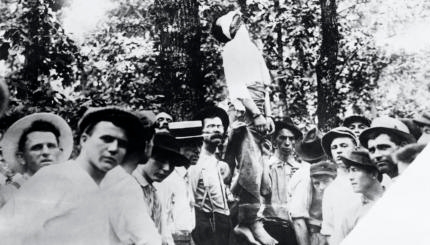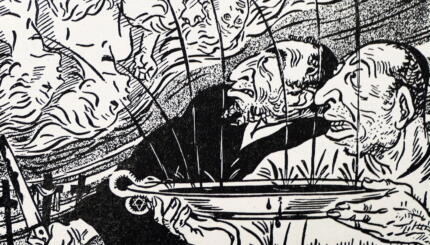As Kanye West so eloquently rapped in “Never Let Me Down”, “Racism is still alive, they just be concealing it.” When it comes to racism towards Jews, Europeans do not “be concealing” anything. In fact, a recent survey found that negative attitudes towards Jews in Europe have increased over the past year. Not to mention three blatant anti-Semitic incidents over the past week alone:
1. In Ukraine, a Rabbi was attacked, and the same day another group launched a verbal assault and an attempted break-in at a local Jewish school.
2. In Berlin, a Jewish Holocaust memorial was vandalized.
3. In Russia, swastikas were painted on the fence in front of the Jewish Agency building.
The threat of anti-Semitism in Europe is alarming. What can be done to subdue these anti-Semitic viewpoints in Europe?
While people’s opinions may not be changing, institutional attitudes have a come a long way over the past fifty years. The Polish government is not only helping to fund a Jewish museum, as I mentioned in a previous blog post, but they funded a Krakow Jewish Festival. The event attracted over 13,000 people, though about 85% of participants were not Jewish. When non-Jewish organizer Janusz Makuch was asked if he thought anti-Semitism in Europe was still an issue, he replied:
“I’m not naive, of course it is,” he conceded. “This is a process, and it will take a long, long time. On the other hand, when you compare Poland with what’s been happening in the rest of Europe, ask yourself: Could you imagine such a huge open-air Jewish concert in any other European country today?”
Is Makuch correct? Can it be that the Poles are the most progressive Europeans vis-a-vis anti-Semitism?
(Matt Ring is the summer intern at MyJewishLearning.com)


